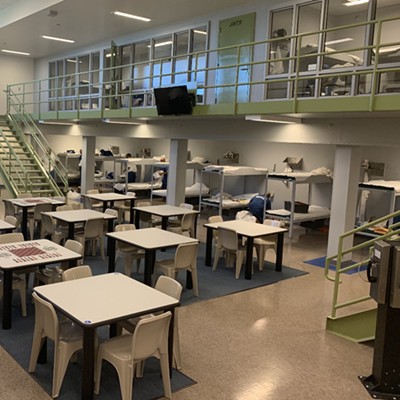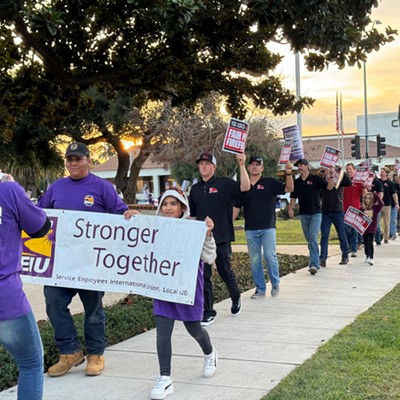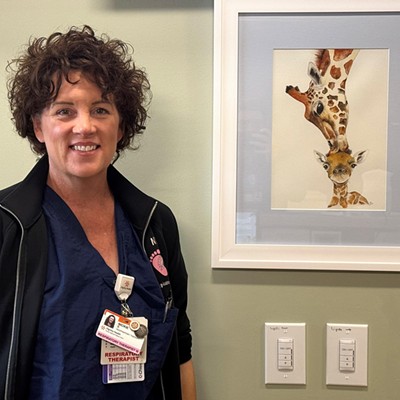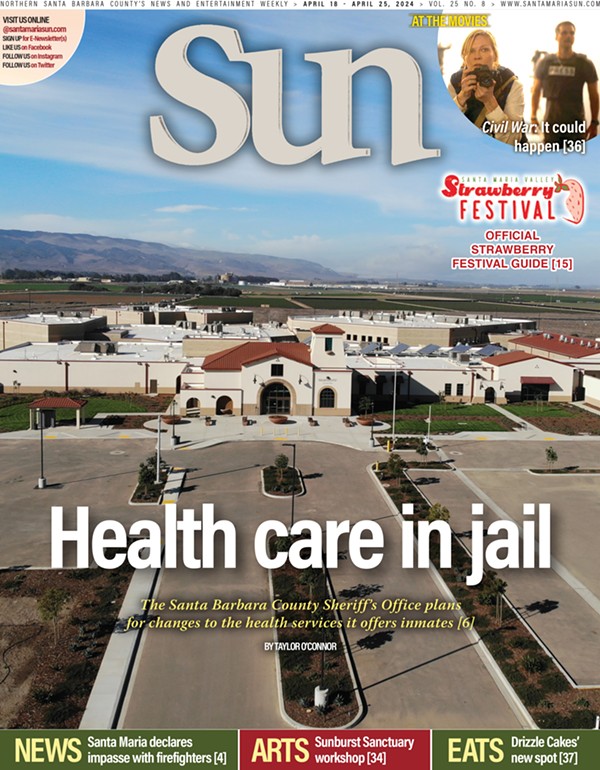• Assemblyman Jordan Cunningham (R-San Luis Obispo) released a statement in response to the Assembly Rules Committee’s vote to move a single-payer health care bill forward without an independent cost analysis. “This reckless move puts our state’s entire budget at stake, including education funding, and puts millions of seniors’ Medicare at risk,” Cunningham said in a Jan. 6 statement. “For years, the Assembly has stood in a righteous fight against wholesale dismantling of our state’s health care system. It’s a shame that somebody’s bad political calculus could force 40 million Californians into a health care system run by the same bureaucrats who can’t figure out how to schedule appointments at the DMV or get unemployment checks issued.” The proposed single-payer system would cost about $400 billion annually, with up to half of that money coming from a new payroll tax on workers and employers, according to state analysis from 2017, when lawmakers last floated a single-payer plan. “Make no mistake, this bill would create the most expensive state bureaucracy in history, funded by the largest set of tax increases in history, and take away our constituents’ Medicare or private insurance. And the majority party won’t even ask for an independent cost analysis before considering it,” Cunningham said in the statement.
• Gov. Gavin Newsom announced that he activated the California National Guard to support local communities with additional testing facilities and capacity amid the COVID-19 surge by deploying more than 200 guard members. “California has led the country’s fight against COVID-19, implementing first-in-the-nation public health measures that have helped save tens of thousands of lives,” Newsom said in a Jan. 7 statement. “We continue to support communities in their response to COVID by bolstering testing capacity.” To support this, Newsom signed an executive order the next day to establish consumer protections against price gouging on at-home test kits. The order prohibits sellers from increasing prices on COVID-19 at-home test kits by more than 10 percent and gives the California Department of Justice and Attorney General’s Office additional tools to take action against price gougers, according to a Jan. 8 statement. The administration also unveiled the governor’s proposed $2.7 billion COVID-19 Emergency Response Package, including $1.2 billion to bolster testing efforts through expanded hours and capacity at testing sites; distributing millions of antigen tests to local health departments, county offices of education, and schools; and a $1.4-billion emergency appropriation request for California’s immediate needs. This effort invests in vaccinations and boosters, supports front-line workers, and strengthens the health care system, according to the statement.
• U.S. Sens. Alex Padilla and Dianne Feinstein announced that California is receiving more than $382 million in federal funding for the Low Income House Energy Assistance Program (LIHEAP), a federally funded program aimed to assist low-income households that pay a high portion of their income to meet their energy needs. “As we face the highly transmissible COVID-19 omicron variant, it is especially critical for families to be able to keep the lights on and have reliable heat to stay safe at home,” Padilla said in a statement. “Thanks to the American Rescue Plan, California is receiving hundreds of millions of dollars to help hardworking families with the cost of heating and other utilities this winter.” The American Rescue Plan more than doubled LIHEAP funding, and these funds represent the program’s largest appropriation since it was established in 1981. “Thanks to this additional funding, more families will be able to stay warm by avoiding devastating power shutoffs and receiving assistance in weatherizing their homes,” Feinstein said in a statement.









